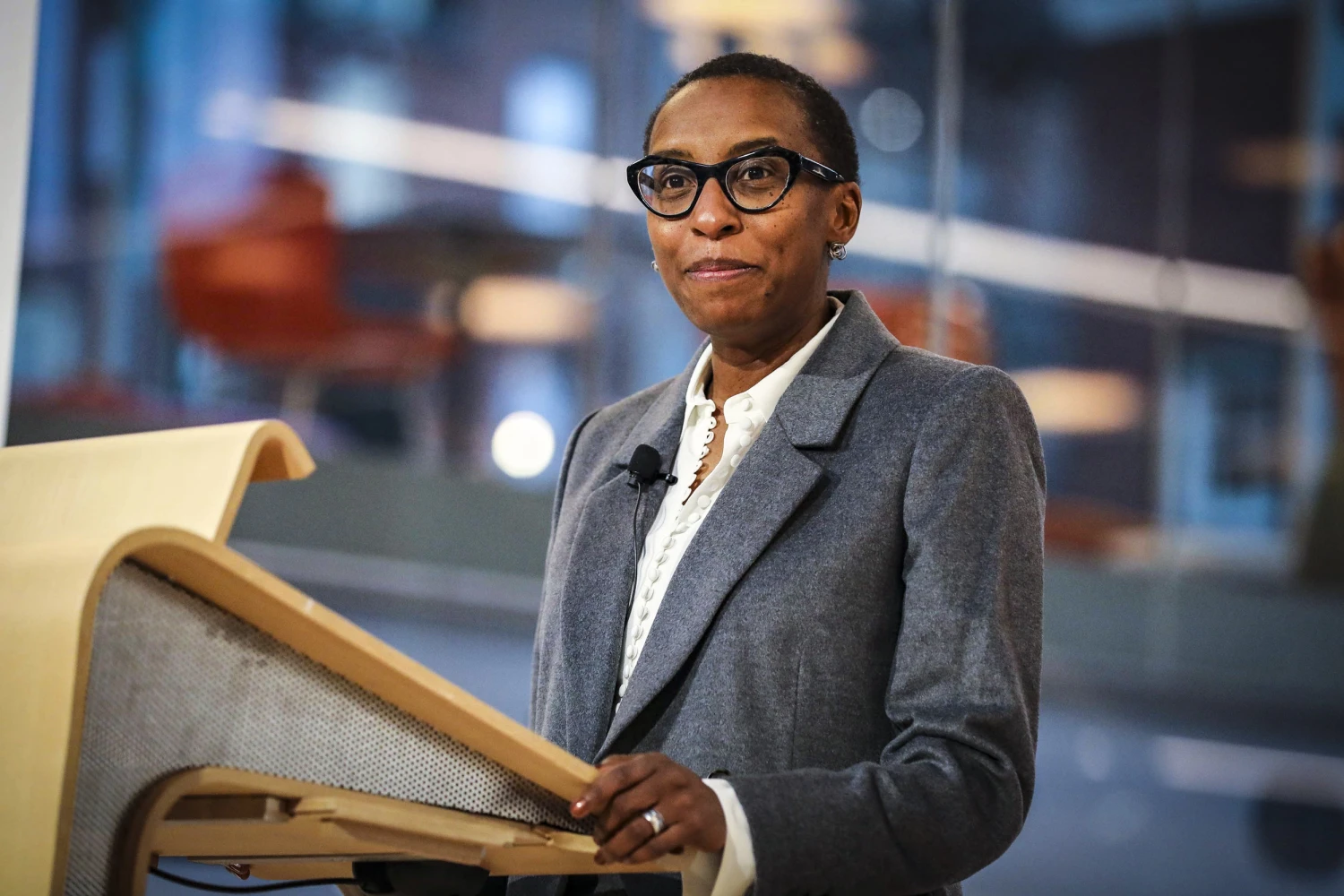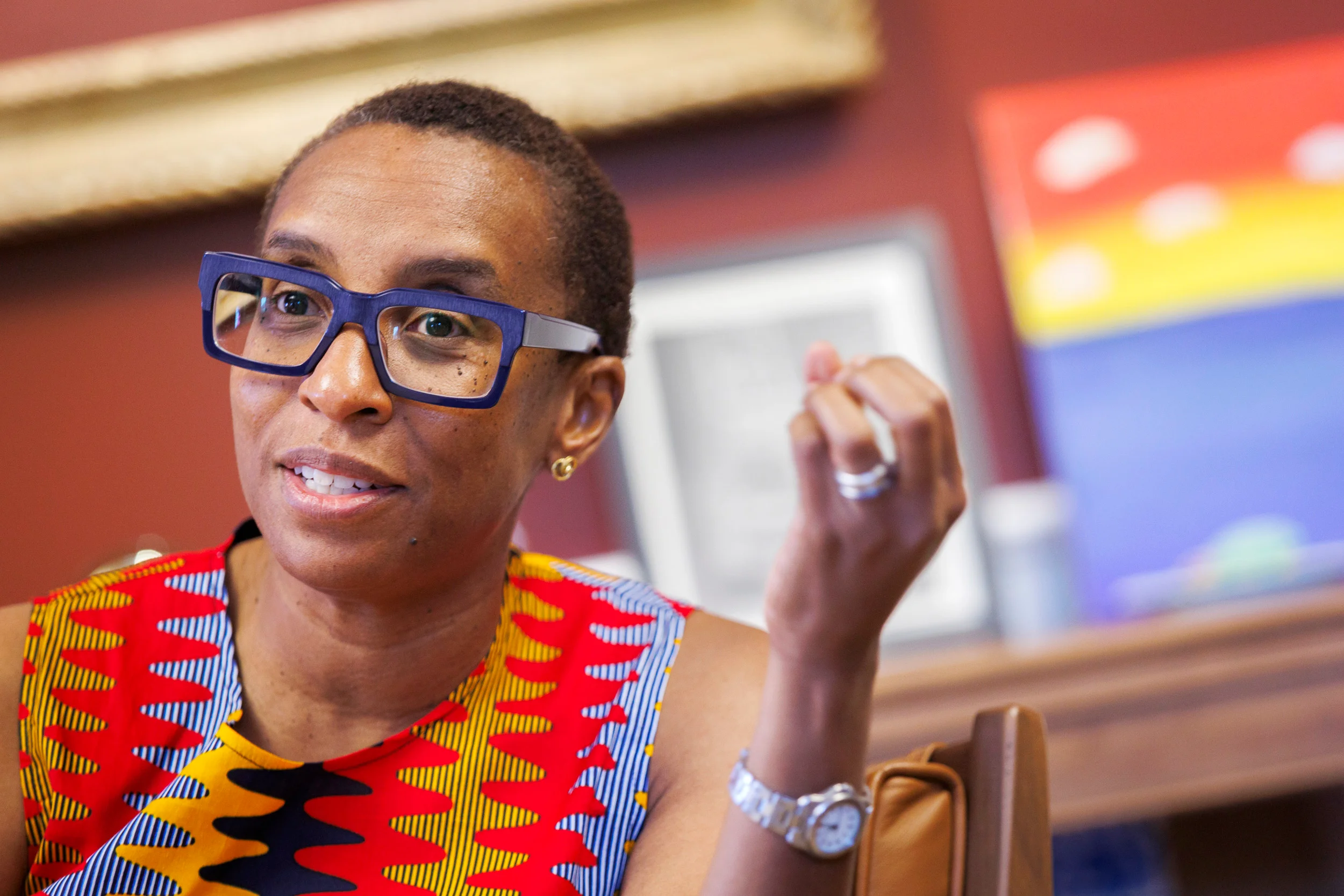Claudine Gay has left her position at Harvard, which many expected due to recent controversies surrounding her. Some felt she showed indifference to antisemitism and questioned her qualifications. Her resignation, announced on Tuesday, was predicted by some to happen during the holiday break when fewer people would notice. However, her departure is not seen as the end of the matter.
People are now questioning the small group of individuals who hired and defended her. These individuals, part of the university’s governing board, were accused of threatening those who raised concerns about Gay’s background and capabilities.
The board’s actions have raised significant questions. Why did they not discover instances of Gay plagiarizing others’ work during their vetting process? Some argue that problems were only brought to light by outside sources, not the board itself. When plagiarism allegations emerged, why did the board downplay or ignore them, especially when they violated Harvard’s own standards?

Claudine Gay has left her position at Harvard
Gay’s prolonged presence at Harvard has damaged the institution’s reputation. The situation highlights broader issues within higher education, including leftist ideologies dominating campuses. Some argue that universities prioritize diversity and progressive politics over other qualifications when making high-level appointments.
Gay’s resignation statement portrays her as a victim, deflecting blame onto those who exposed her wrongdoing. She claims to have upheld values of confronting hate and maintaining scholarly rigor. However, critics argue that her resignation does not absolve her of responsibility for her actions.
This controversy also sheds light on the broader challenges facing American higher education. Many campuses have become breeding grounds for leftist ideologies, leading to censorship of opposing views and fostering divisions among students and faculty.
Ultimately, the situation at Harvard underscores the importance of holding institutions and their leaders accountable for their actions. It also highlights the need for a diversity of perspectives and open debate within academia.

